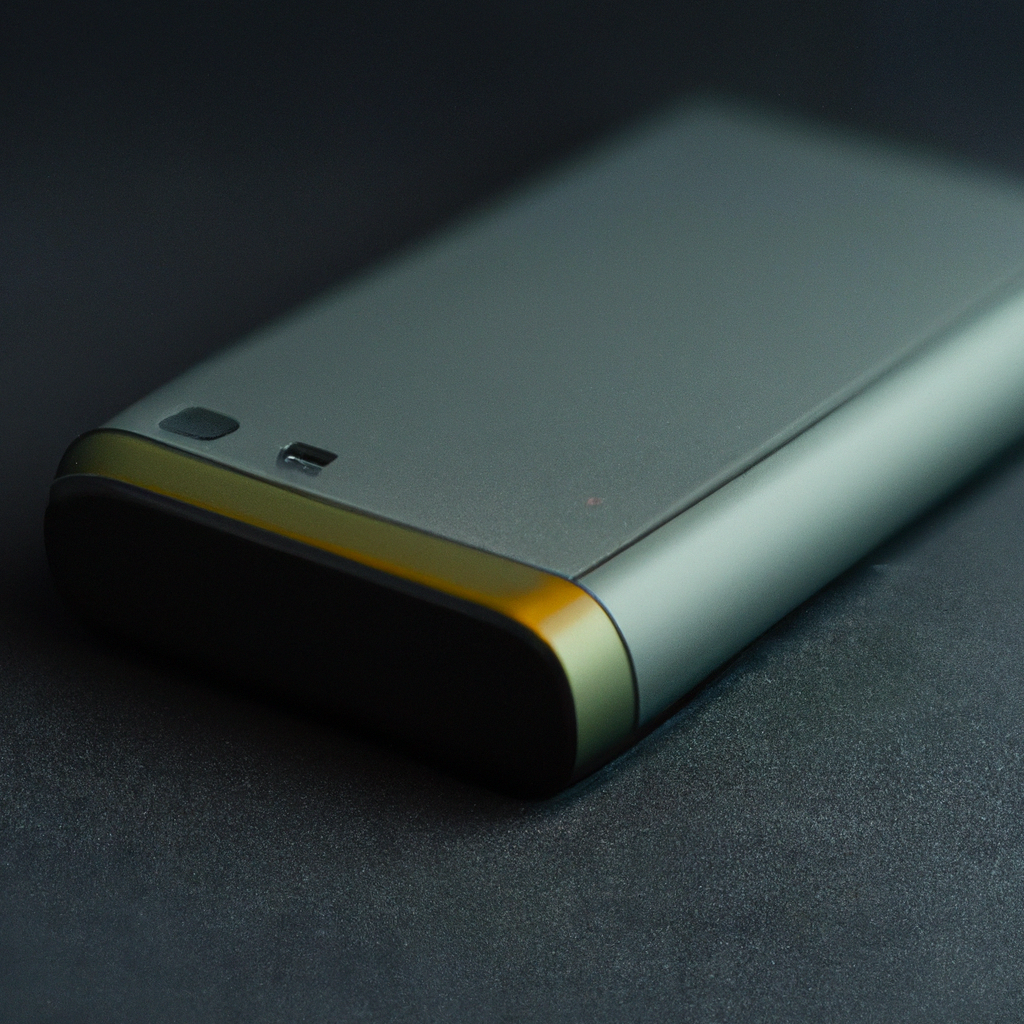Fuel cells have long been hailed as a groundbreaking technology in the world of energy. These devices, which convert chemical energy into electrical energy through a process known as electrochemical reaction, have the potential to revolutionize the way we power our lives. While the concept of fuel cells is not new, recent advancements in technology have made it possible to create pocket-sized fuel cells that offer a whole new level of convenience and portability. In this article, we will explore the hidden potential of these small but mighty powerhouses and discuss how they can shape the future of energy consumption.

The Rise of Pocket-Sized Fuel Cells
Pocket-sized fuel cells have emerged as a promising solution for meeting the growing demand for portable power sources. With the increasing reliance on smartphones, tablets, wearables, and other portable electronic devices, the need for compact and efficient energy solutions has become paramount. Traditional batteries have limitations in terms of capacity, weight, and charging time, which has paved the way for the development of fuel cells.
How Pocket-Sized Fuel Cells Work
Pocket-sized fuel cells operate on the same principles as their larger counterparts. They consist of an anode, a cathode, and an electrolyte. When a fuel, such as hydrogen, is supplied to the anode, it undergoes an electrochemical reaction that produces electricity and water as byproducts. This electricity can then be used to power electronic devices, providing a clean and sustainable energy source.
Advantages of Pocket-Sized Fuel Cells
One of the primary advantages of pocket-sized fuel cells is their high energy density. Unlike batteries that store energy chemically, fuel cells generate electricity through continuous fuel supply, allowing for longer operating times without the need for recharging. This makes them ideal for applications where extended usage is required, such as camping trips, outdoor adventures, or remote work situations.
Moreover, pocket-sized fuel cells offer rapid refueling capabilities. Instead of waiting for hours to recharge a battery, users can simply replace the fuel cartridge, enabling quick turnaround times and minimizing downtime. This convenience is especially valuable in scenarios where immediate power availability is crucial, such as emergency situations or time-sensitive work environments.
Applications and Potential Use Cases
The versatility of pocket-sized fuel cells opens up a wide range of applications and potential use cases. In addition to powering portable electronic devices, these compact energy sources can be used in various industries. For example, field researchers and scientists can benefit from the extended power supply for their equipment during expeditions or data collection activities. Additionally, military personnel operating in remote locations can rely on pocket-sized fuel cells to ensure continuous power for communication devices and other critical equipment.
The automotive industry is also exploring the integration of fuel cells in electric vehicles. While larger fuel cells are already being utilized in certain models, miniaturized versions can offer an additional power source for hybrid vehicles, extending their range and reducing the dependency on traditional charging infrastructure.
Challenges and Future Developments
Despite their promising potential, pocket-sized fuel cells still face certain challenges that need to be addressed. One of the main obstacles is the availability and storage of fuel. While hydrogen is a highly efficient fuel for fuel cells, its widespread availability and safe storage methods are still under development. Researchers and engineers are actively working on solutions to overcome these hurdles, including the use of alternative fuels or improving hydrogen storage technologies.
Additionally, cost-effectiveness and scalability are important considerations for the widespread adoption of pocket-sized fuel cells. As with any emerging technology, initial production costs are high, but with advancements in manufacturing processes and economies of scale, the cost per unit can be significantly reduced. This, coupled with increased public awareness and support, can pave the way for a future where pocket-sized fuel cells become a mainstream energy solution.
Conclusion
In conclusion, pocket-sized fuel cells have the potential to revolutionize the way we power our lives. With their high energy density, rapid refueling capabilities, and versatile applications, these small but mighty devices offer a glimpse into a future where portable power is convenient, sustainable, and readily available. As researchers and engineers continue to work on overcoming challenges and improving efficiency, the day when pocket-sized fuel cells become a common sight is not far away. Embracing this technology can unlock a world of possibilities, empowering individuals and industries alike to thrive in a rapidly advancing digital era.